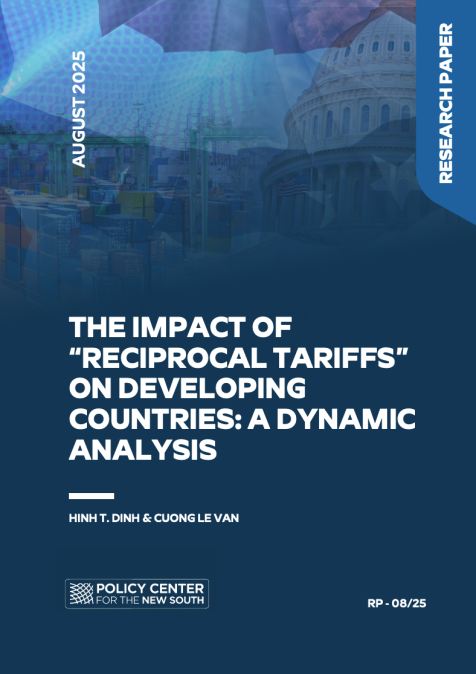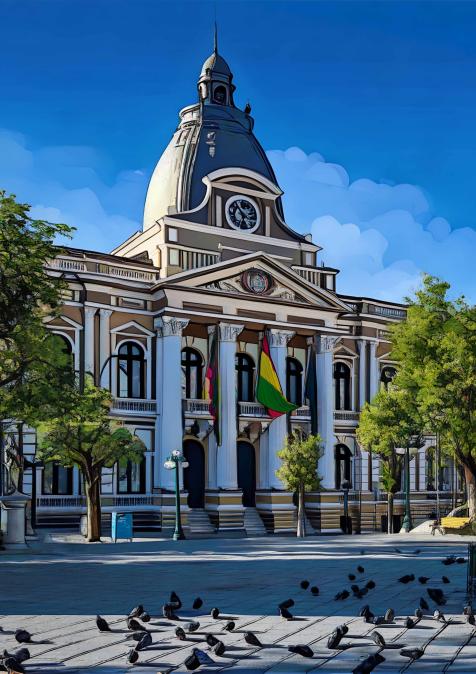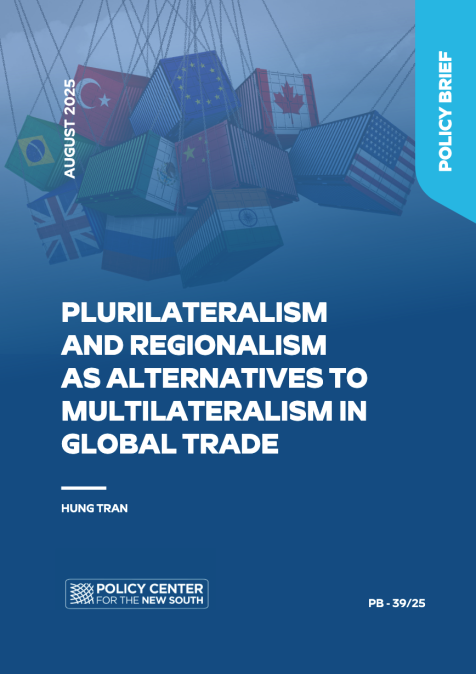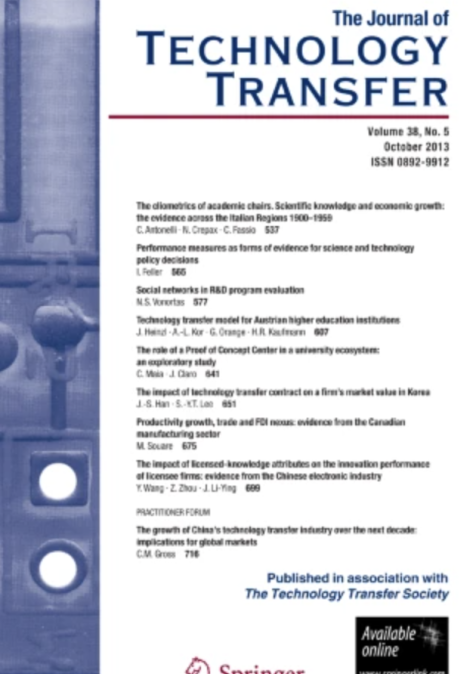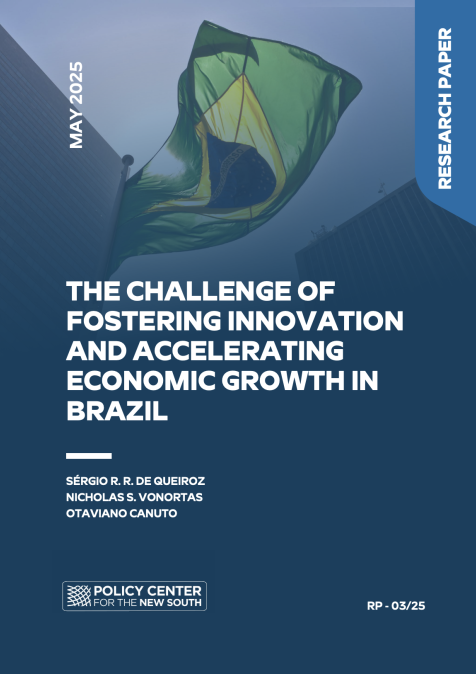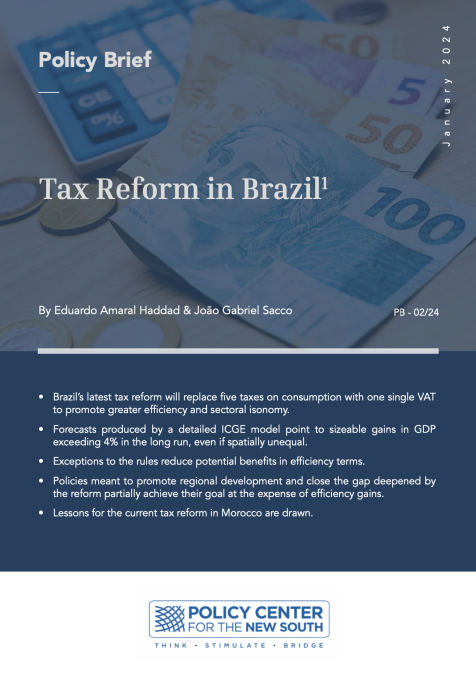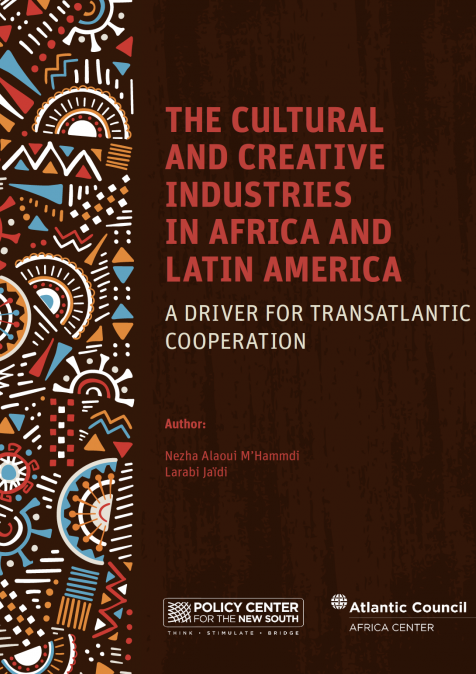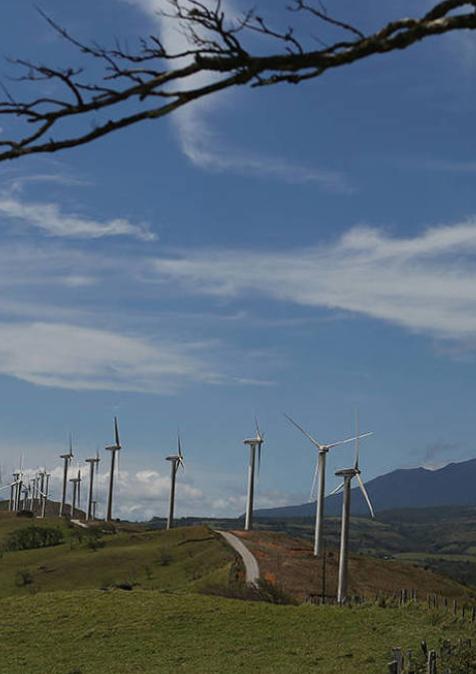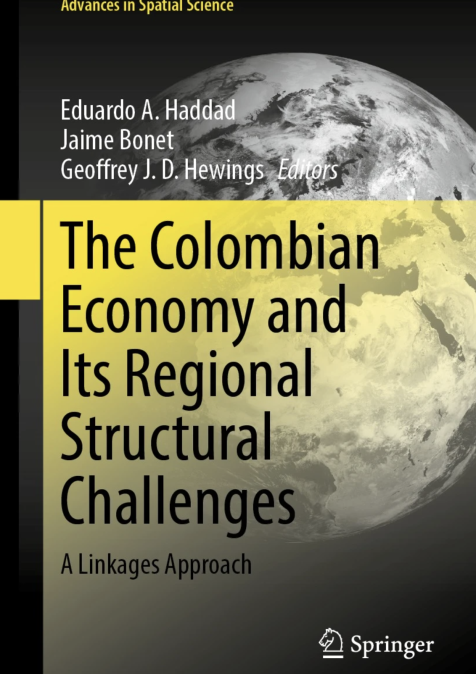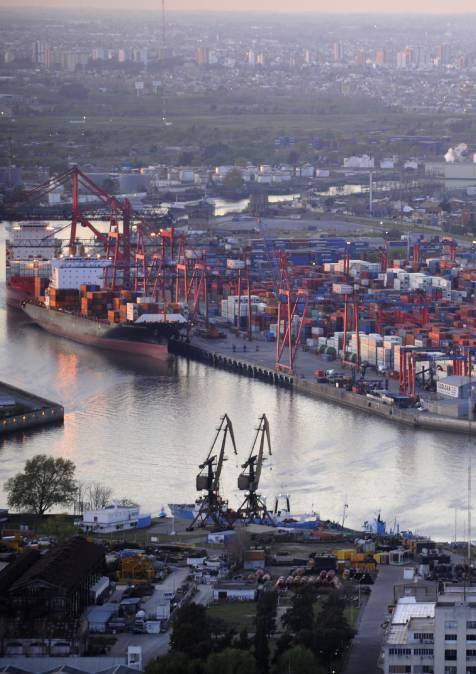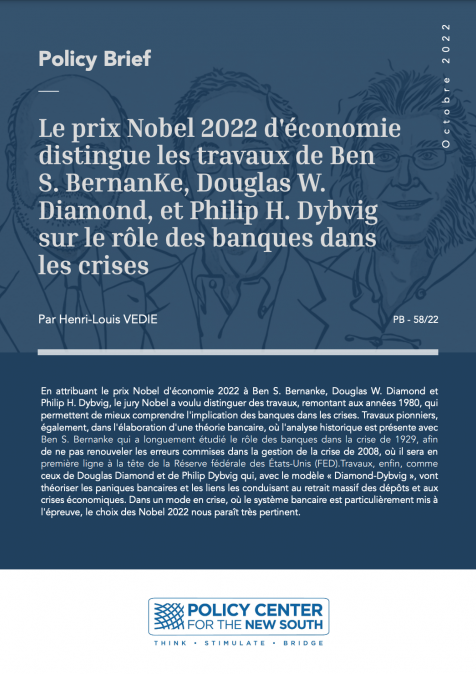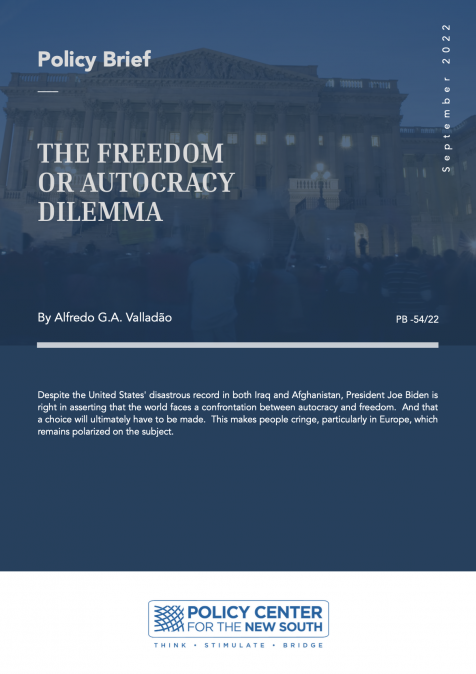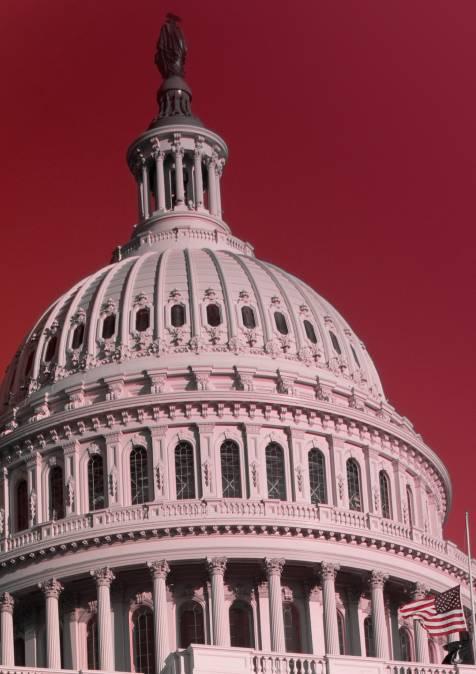
November 10, 2025
An estimated 600,000 Haitians live legally on US soil, most of them in New York City and Florida. Another 500,000 are waiting—certainly in vain—for entry papers. In September, the Trump government ended a special “Temporary Protected Status” for an estimated 300,000 Haitian migrants, and possibly another 500,000 migrants temporarily settled in the U.S., including Afghans, Cubans, Nicaraguans, and Venezuelans. The Trump regime is claiming that the violence-plagued Caribbean nation of ...


